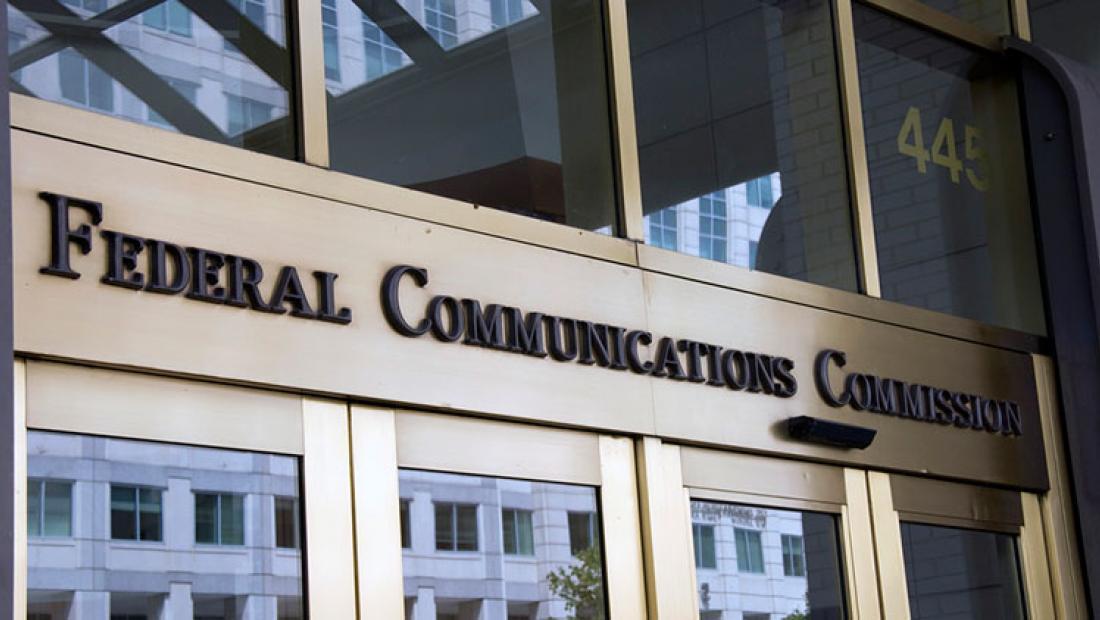FCC TV Ownership Rules and Unintended Consequences

The smarter way to stay on top of broadcasting and cable industry. Sign up below
You are now subscribed
Your newsletter sign-up was successful
I have longtime friends who believe that the public interest requires the FCC to strictly limit the ownership of multiple TV stations. I genuinely understand and respect their opinions. But, my personal experience over 40 years in the industry suggests that TV ownership limits intended to enhance diversity may, in fact, prevent the creation of meaningfully diverse competitors.
My first job out of law school in 1973 was at Metromedia, Inc. Metromedia had emerged out of the ashes of the Dumont Television Network. In the late 1940s television pioneer Dr. Allen Dumont warned the FCC that it must assign at least four VHF stations to all the major markets to assure the survival of the then extant four television networks. But in its Sixth Report and Order on Television Allocations in 1952, the FCC did not listen and Dr. Dumont was proven “dead right” — his network folded. The FCC’s allocations decision condemned the nation to decades of service from only three commercial television networks. Reading this history was my first lesson in how well-meaning FCC rules can have unintended consequences for competition and diversity.
As the Dumont Network was going out of business, it spun off to shareholders its owned TV stations in New York, WABD (named for Dr. Dumont) and in Washington, D.C., WTTG (named for Dumont Chief Engineer Thomas T Goldsmith). Businessman John Kluge acquired de-facto control of the new company and adopted the name Metromedia. A passionate competitor and risk taker, Mr. Kluge struggled to fulfill the FCC’s continuing priority public interest objective to create a fourth free-over-the-air commercial television network.
Kluge aggressively sought to expand Metromedia’s portfolio of owned television stations — the indispensible foundation of any network. But his efforts were thwarted by the FCC’s own rules limiting the ownership of multiple stations. One particularly prominent obstacle was the FCC’s Top 50 Policy that required a “compelling public interest showing” to own more than 3 TV stations, or more than 2 VHF stations, in the top 50 markets. Of course, the TV stations owned by the three entrenched networks were “grandfathered” and exempt from compliance with the FCC’s ownership rules and policies. The first decade of my life in the industry was consumed drafting, and advocating for, waivers of the FCC’s TV station ownership limits and its Top 50 Policy in order to advance Metromedia’s quest to launch a fourth network.
Meanwhile, Kluge and his executives, including television legends Al Krivin and Robert Bennett, were hard at work investing in compelling programming. They developed a late night show titled Thicke of the Night launching the career of comedian Alan Thicke. They spent a fortune on a five night-a-week primetime variety show hosted by Jerry Lewis. And they developed first-run sitcoms like Dusty’s Trail (essentially Gilligan’s Island on a Western wagon train). At the same time, Metromedia set industry records for daily local public affairs programming including the programs Midday in New York, Chronicles in Boston and Panorama in Washington.
But, the greatest programming in the world could not overcome the handicap imposed on Metromedia by the FCC’s TV station ownership Rules and policies. Mr. Kluge was not able to fulfill his dream, and the FCC’s policy objective, of creating a fourth network.
So, in 1985, Kluge sold his TV stations to Rupert Murdoch who also acquired the then bankrupt 20th Century Fox film studio. Together with Barry Diller and Jamie Kellner, Murdoch set out to create the long sought fourth network. Again, FCC Rules got in the way. On behalf of Fox it fell to me to seek waivers of TV station ownership limits and other rules intended to promote diversity like the TV/Newspaper cross-ownership rule and the financial interest and syndication rule. In other words, the effort to create meaningful diversity required waivers of FCC rules intended to create diversity.
The good news is that because the benefits of granting the Fox waiver requests were so strong — creation of a fourth free network and saving more than a hundred jobs at the New York Post — even strong supporters of TV ownership regulation like Senator Ted Kennedy, Governor Mario Cuomo and Senator Dan Inouye supported our waiver requests. But the point is that there is something fundamentally wrong when creating new competition and diversity requires waivers of rules intended to promote competition and diversity.
I offer this history because I lived it. On many occasions I thought, “Why can’t the FCC see that these TV station ownership restrictions are preventing the creation of meaningful entities of scale that could bring to viewers the benefits of greater competition and diversity”? In today’s world of hundreds of cable/satellite networks, the internet and OTT providers, that question is more compelling than ever.
Recent initiatives by the current FCC have given me some hope that the Commission’s well intentioned but counter productive and outdated TV ownership rules finally may be repealed. If so, consumers almost surely will benefit from the emergence of additional free over-the-air networks. And at a time of escalating TV costs and cord cutting, enabling the creation of additional competitive and diverse free networks would be a great public service.
Some of my longtime friends seem to oppose repeal of the TV station ownership rules because one beneficiary of repeal might be Sinclair Broadcasting Company, a company widely believed to have conservative views. But these same friends would be the first to insist that Federal licensing decisions cannot — must not — be based on political views.
I have not always been on the same page with Sinclair, particularly during a business dispute over the first round of Fox affiliation renewals. But, Sinclair has emerged as a genuine television industry leader, especially on technology issues. And, for all we know, the next beneficiary of deregulation could be Tegna, Scripps, George Soros or Tom Steyer. And that is what free markets, competition and diversity are all about. My real world experience with the television ownership rules leaves no doubt that consumers will be well served by their repeal.
Preston Padden is the former president of the ABC Television Network and EVP of parent, the Walt Disney Company.
The smarter way to stay on top of broadcasting and cable industry. Sign up below
Preston Padden is a former top government relations executive for media companies such as Fox and The Walt Disney Co.

